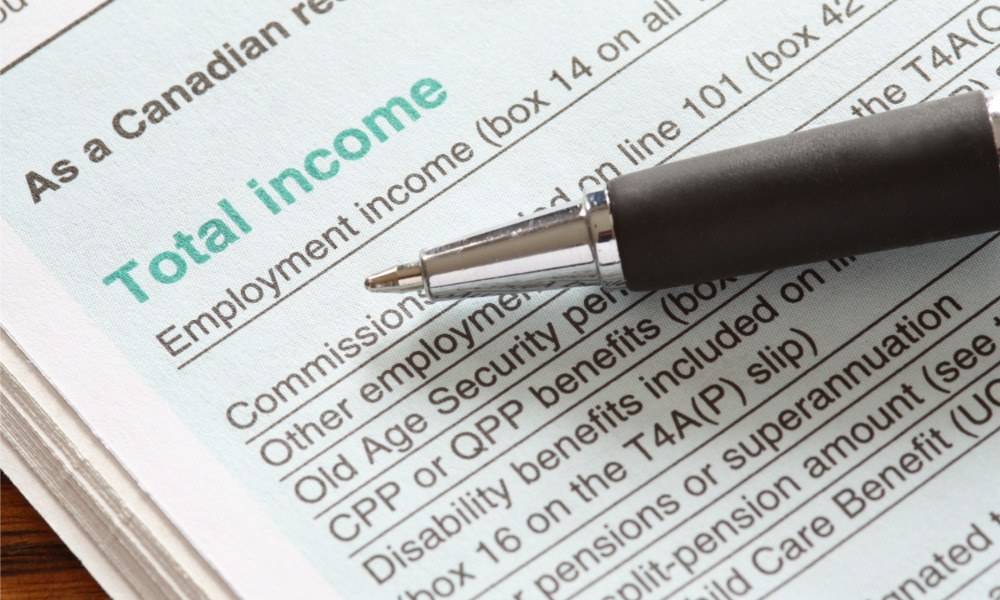The Canadian Payroll Association is redoubling its efforts to prepare employers and payroll professionals for all the changes they’ll confront as 2020 draws to a close

This year has brought fundamental changes to how we live and work. In Canada, a raft of emergency measures has flipped the script on payroll and HR management. Employer benefits, hours reductions, temporary layoffs, and so many more government measures have made the payroll process more complex than ever.
After managing this crazy year, HR leaders and payroll professionals now have to turn around and think about the complications and potential pitfalls of year-end.
Luckily, the Canadian Payroll Association has been thinking about year-end too. Janet Grossett, manager of compliance services and professional development at the Canadian Payroll Association, talked to Canadian HR Reporter about some of the challenges she sees in the upcoming year-end process and how HR and payroll professionals can get ahead of them.
“Ensuring employers have the smoothest year-end possible is really top of mind for us,” says Grossett. “We’ve had to pivot quickly and analyze all the changes and impacts to employers and clarify what these changes mean for them. We want to make sure employers know how to apply these changes when they’re reconciling and producing their T4s.”
The T4 is going to feature new codes this year to account for financial aid programs introduced by the federal government. There are also other legislative changes that impact employers to consider including work sharing programs and workers’ compensation deferral programs. In addition to all the normal requirements for year-end, if there is an interruption of earnings, employers must also ensure that the proper code is included on the Record of Employment.
The Canadian Payroll Association has a suite of resources available to members, including a year-end checklist that can cut through the confusion in this process, she says. It’s also offering a number of year-end sessions, right into December, that can prepare payroll and HR leaders for what’s in store. Attendees will have access to reference material and clear instruction on what to expect. Members unsure of what to do when unforeseen questions arise can access the association’s Payroll InfoLine, staffed with payroll compliance advisors ready to answer any payroll legislation question.
The most important thing for payroll professionals is to ensure that all the T4s are balanced and up to date with payroll legislation, says Grossett. They need to stay abreast of any potential employer fines or penalties arising out of any mistakes they could make in that process.
This year, employers need to be especially aware of the temporary nature of many of these changes, she says. The changes that will apply this year might not hold in 2021. Different jurisdictions have different rules, too, around deferrals of earnings reports and other requirements. Employers need to stay aware of those specific rules.
“We have everything nicely laid out and packaged for seminar attendees,” says Grossett. “They’re going to have access to our great instructors who will even answer questions about specific scenarios. We can highlight any legislative changes that specifically affect them. We’re still monitoring legislative changes so if anything else turns around, we can make sure that information gets out to our members. We’re making sure that payroll professionals are up to date with current information to stay ahead of the year-end curve.”




